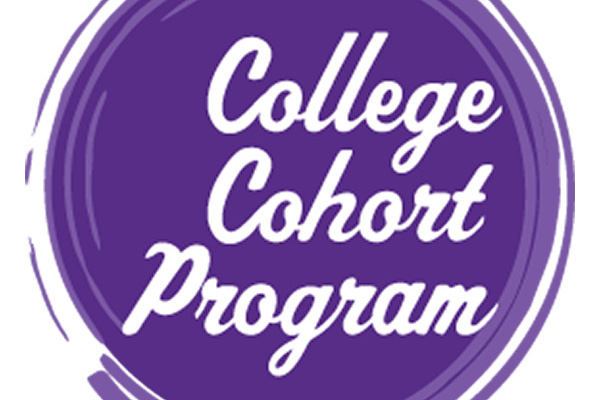
Almost 50 students gathered to hear an interdisciplinary health care discussion sponsored by the College of Arts and Science’s College Cohort Program’s Academic Inquiry Committee.
The panel discussion, which took place Dec. 2, included perspectives on universal health care from politics professor Patrick Egan, biology professor Patrick Eichenberger, anthropology professor Todd Disotell and international law professor Fakiha Khan.
The panelists engaged in a dialogue about how different factors affect the way health care is viewed in America, especially since the
Affordable Care Act was recently put into practice and still causes political debates.
CAS sophomore Matthew Hammen, who moderated the discussion, said with the implementation of the ACA, the cohort program thought the topic would interest students.
“We wanted to organize something that students could actually learn something new from,” Hammen said.
A theme of the discussion was the American emphasis of individualism and how that changes the view of the government controlling the health care system.
Egan said part of the reason Americans value individuality is because many are immigrants who came from oppressive governments.
“Historically, we’ve been fiercely protective of our right to self-rule,” Egan said.
Eichenberger, a former resident of Switzerland, said Swiss people are also independent, but are able to implement universal health care.
“We’re not a socialist country by any means, we’re very conservative,” Eichenberger said. “Universal health care is not contested because it works.”
Disotell said some do not want to discuss the responsibility of making personal health decisions and educating themselves about health choices.
“If we’re going to be rugged individualists, we also have to be responsible,” Disotell said. “Health care has to be holistic.”
Khan introduced the idea of health care as a human right and said many Americans are not comfortable with that idea.
“There is a fear that if we give the government the right to give us health care, we give it the right to control our lives,” Khan said.
CAS sophomore Benjamin Goh said panelists provided a variety of perspectives about health care issues.
“People get very emotional about it, and they end up creating self-serving justifications from there depending on whether they agree or disagree,” Goh said. “It was a good event to get a deeper understanding of the whole problem.”
A version on this article appeared in the Tuesday, Dec. 3 print edition. Anjana Sreedhar is a contributing writer. Email her at [email protected].























































































































































